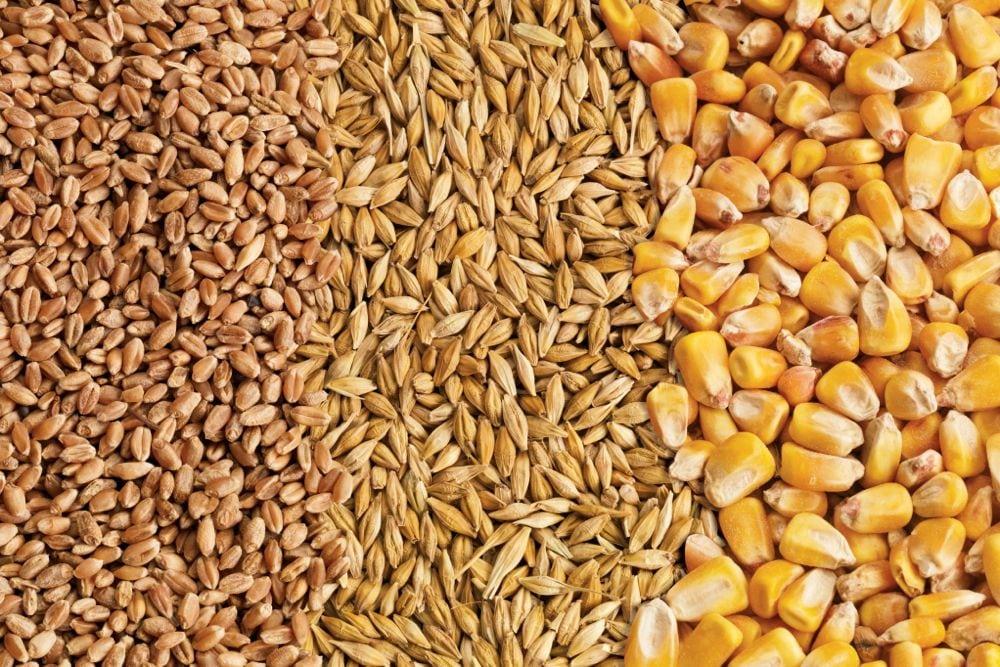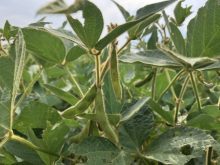Chicago | Reuters — The U.S. Environmental Protection Agency will allow farmers for the next five years to spray crops with a Bayer herbicide whose sales were blocked by a U.S. appeals court in June, EPA administrator Andrew Wheeler said Tuesday.
XtendiMax, a dicamba-based herbicide that is sprayed on soybeans and cotton genetically engineered to resist it, is known to drift away and damage other crops that are not resistant to it.
“This decision includes a five-year registration, providing certainty to growers as they make future purchasing decisions,” Wheeler told reporters on a call.
Read Also

Feed Grains Weekly: Domestic prices remain flat
Although there has been some upward movement in feed grain prices, particularly in Alberta, it’s not domestic demand that’s pushing them higher, said Jim Beusekom, president of Market Place Commodities in Lethbridge on Feb. 19.
The decision is a boost for Bayer, which has been hammered by lawsuits over various chemicals in the United States since acquiring seed company Monsanto in 2018. It is also an example of the Trump administration favoring business interests over regulations a week before the presidential election.
The EPA also approved the use of BASF’s Engenia herbicide and extended an approval for Syngenta’s Tavium.
Environmental groups have sought a ban on dicamba products, arguing they harm nearby plants and wildlife.
A three-judge panel of the Ninth U.S. Circuit Court of Appeals agreed this summer and ruled the EPA substantially understated the risks related to the use of dicamba. Its ruling also blocked sales of dicamba-based herbicides like Engenia and Corteva’s FeXapan.
The EPA’s decision invalidates the court’s ruling, experts said.
“Rather than evaluating the significant costs of dicamba drift as the Ninth Circuit told them the law required, EPA rushed re-approval as a political prop just before the election,” said George Kimbrell, legal director at the Center for Food Safety.
About 60 per cent of the U.S. soybean crop this year was estimated to be seeded with Bayer’s dicamba-resistant Xtend soybeans, according to Bayer. They need to be sprayed with the herbicide to ward off weeds that have developed a tolerance for glyphosate herbicide.
The EPA said it would impose a June 30 deadline for farmers to spray dicamba on soybeans and a July 30 deadline for its use on cotton.
— Reporting for Reuters by Tom Polansek in Chicago.


















